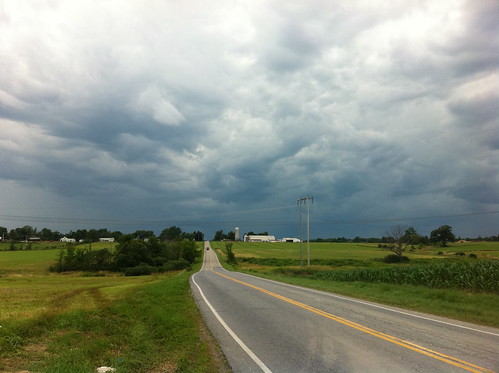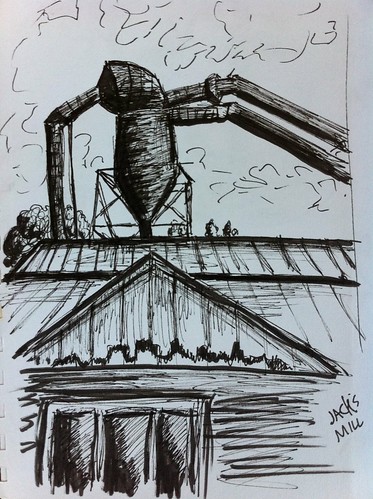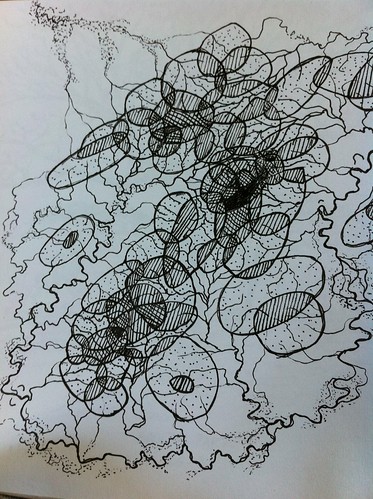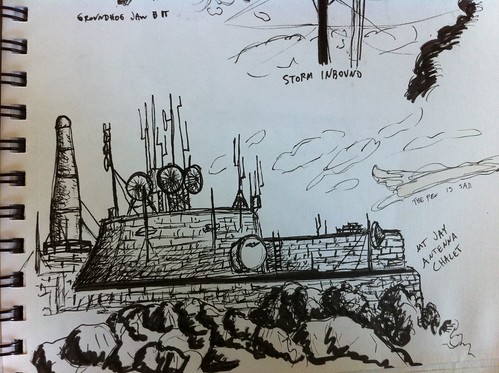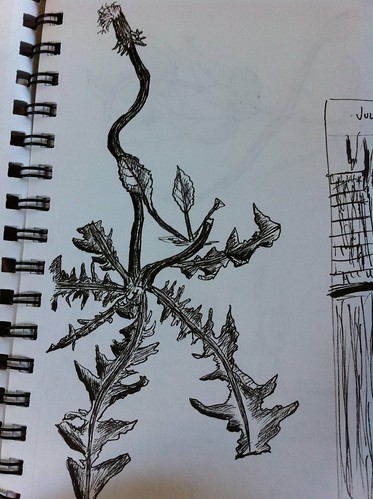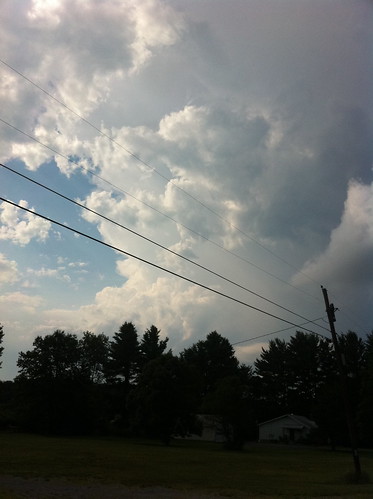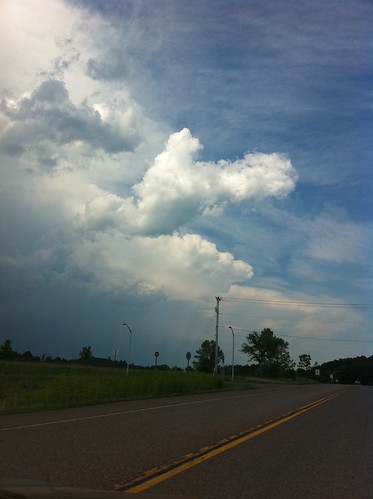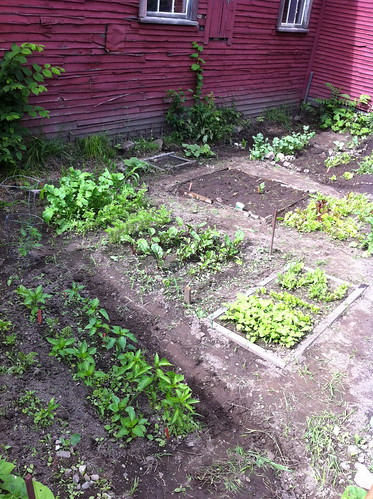I have my own political opinions, and enjoy a good debate as much as anyone. Yet, I've tried to keep politics out of this blog. Politics in the United States are more and more divisive by the day, and yet clean water and livable conditions are important to anyone and really are not a partisan issue.
Or, at least, they shouldn't be. I came across
this story on the NPR website today about a Republican mayor in a conservative state who has worked to daylight a stream, creating an open space that has coincided with an economic boom in aptly-named Greenville, South Carolina.
I'll admit that I tend liberal on most issues, but I think it is important to give credit where credit is due. Conservatives, in particular conservative hunters and fishermen and people in rural areas, have been a tremendous part of the conservation movement, and in fact were the people who got the movement started. The people I know who consider themselves conservative care about water and open space just as much as I do. In fact, conservation is at its root a 'conservative' value. These days, though, it is usually perceived as a 'liberal' value. Really, it should be both. We all drink the same water, and no one wants poop, carcinogens, or heavy metals in their drinking water. Everyone likes a cool, clean river or lake to swim in or dip their feet in, without fear of getting sick. No one wants to live in squalor or misery.
So why are some Republican representatives trying to gut legislation that protects us from filthy water? The root of the issue seems to be that many believe that federal regulation is ineffective or corrupt, and that state, local, or private forces (corporations???) should keep our water clean instead. Certainly this is worth talking about, but talking about this isn't what is happening. If you are fighting a fire and your hose has holes in it, you don't turn off the hose and walk it away. You fix the hose, or you throw it away and hook up a new one. I urge any conservative readers of this blog to ask their representatives to propose SOLUTIONS to replace federal legislation, if they feel that the federal legislation doesn't work, rather than getting rid of the laws without a replacement. It is unacceptable for politicians to be sneaking legislation into an important economic bill, without dialog about these issues. During my time in Pittsburgh I learned about when the Monongahela River was steaming over 100 degrees in winter and full of every pollutant imaginable. I find it hard to believe anyone wants to go back to that. If we get rid of our current laws without setting something else up instead, we can expect to find that our rivers are lighting on fire again.
It has been said that the environmental movement has become lost, that the biggest environmental mistake of the last 30 years was removing humans from the equation. Perhaps we did spend too much effort on creating 'wilderness' areas 'free of human impact', rather than creating sustainable working landscapes and fostering a reconnection between people and the other elements of ecosystems. I think it was a necessary and reasonable reaction to the 19th and 20th centuries, but the old environmental movement may need a major overhaul. I also think it is time for something new. The new conservation movement needs to be non-partisan, needs to be realistic, and needs to be based on the things that are important to everyone, regardless of our other beliefs.
Thankfully, I am not the only one who feels this way. There are a lot of people trying to find good solutions as we speak. As we face possible and ongoing economic and ecological collapses on a variety of scales, we can't afford to squabble any more. We need to get things done. At our root, our species is defined by our use (and perhaps overuse) of tools. Our tools got us into this mess, and now is no time to throw them away. We need to use every tool we have at our disposal, from smartphones, satellites, and space research to our oldest, deepest spiritual and religious beliefs... and most important of all, our brains.
Hopefully, by my next post I'll be done talking about politics on this blog and will be back to talking about weather or the river. And, hopefully by then, we'll have a few more solutions and ideas to work with. Maybe you have one of them! Feel free to post your thoughts here - all civil comments are welcome.
